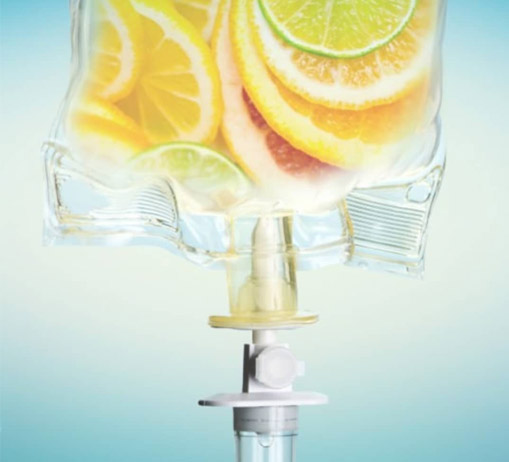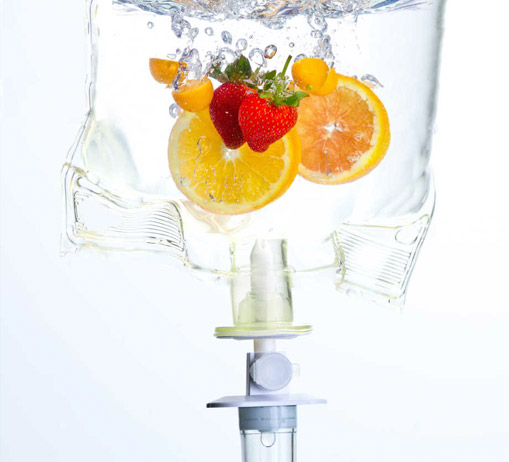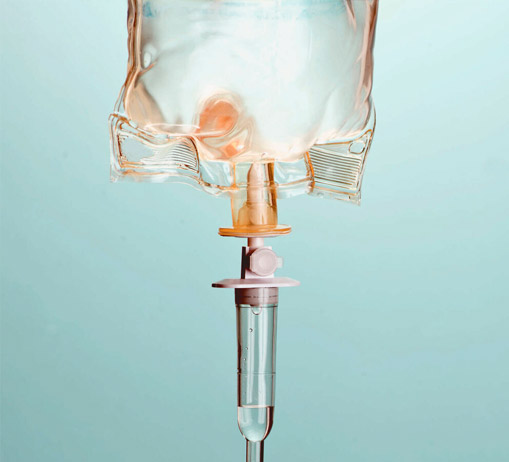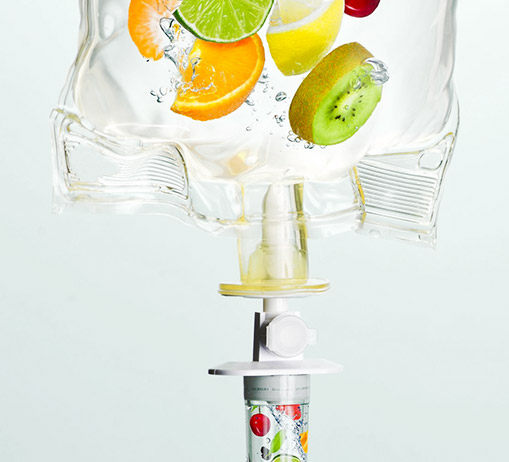Vitamin IV Drips
Vitamin drips are a unique way to support your health and wellbeing and can be very effective for improving nutrient deficiencies inside the cells, where DNA repair takes place. They comprise of any intravenous therapy that enhances a patient’s health or well-being. This may include the administration of vitamins, minerals, amino acids, antioxidants and other essential micronutrients by intravenous infusion.
Although most vitamins can be taken orally, intestinal malabsorption can decrease their efficacy.
During an IV infusion, vitamins, trace elements and electrolytes are administered directly into your bloodstream, which offers higher bioavailability and quicker increases in plasma concentrations. To be most effective they should be administered on a regular and consistent basis.
Explore Topics On This Page
Our quality nutrient infusions are directly sourced from South Africa’s expert leader in compounded preparations and intravenous therapy.
FAQs about Vitamin Infusions
What to expect with vitamin drips?
During your first visit, our doctor will discuss your primary concerns and possible benefits of IV treatment. She will review your health, medical and surgical history and any medications you are taking. If you have any complex medical conditions, our doctor may request you obtain blood work or further testing and/or your personal GP’s approval prior to administering any IV infusions. Intravenous Therapy (IV) supplements are delivered through a sterile fluid drip via a sterile cannula inserted into a vein in the arm. Depending on your IV cocktail, the infusion can be finished in as little as 30 minutes.
Are there side effects to intravenous vitamin drips?
Severe side effects from vitamin drips are uncommon, however you may experience mild effects such as facial flushing, thirst and mild dizziness. Our medical doctor is on hand to provide the best care to patients and offer support and advice.
What nutrients are administered intravenously?
Vitamin C (L-Ascorbic Acid)
Intravenous Vitamin C is widely used by integrative medical practitioners and complementary medicine therapists worldwide. It is used as both an antioxidant and to boost the immune system by stimulating the production of interferon. It is helpful in wound healing, immunotherapy and reducing oxidative stress loads. Ascorbic Acid (vitamin C) is a good example of a vitamin that can be taken orally but in relatively lower dosages to avoid stomach upset. In contrast, large doses of vitamin C, which can be very beneficial for the immune system, can be administered safely intravenously.Gluthatione
Glutathione has been named one of the most amazing natural protective substances discovered, based on it’s efficacy in five areas. It enhances the immune system by providing for the unimpeded multiplication of lymphocytes and antibodies. It is an excellent antioxidant and free radical scavenger and maintains other antioxidants in the cells, like vitamin C and E, in their active forms. It is a powerful detoxification agent and helps to remove toxic compounds from the cell. Like a chelator, it acts through direct conjugation to remove xenobotics in the cells like heavy metals. It also plays an important role in various metabolic and biochemical repair processes such as DNA synthesis and repair and protein synthesis. The detoxification effect on the skin is commonly known as the “glutathione glow”.Lipoic acid
Lipoic acid is present in many foods, but slightly more so in kidney, heart, liver, spinach, broccoli and yeast extract. Naturally occurring ALA is always chemically bound and not readily available from dietary sources. It is a cofactor for at least five enzyme systems (two of which are in the citric acid cycle, which help cells turn nutrients into energy). ALA improves the antioxidant status of the cell, aiding scavenging activity for products that cause inflammation and tissue damage. It has a therapeutic and anti-ageing effects due to gene transcription. Interestingly, in Japan, ALA is marketed primarily as a “weight loss” and “energy” supplement. In Germany, ALA is approved as a drug against diabetes complications since 1966 and is available by prescription for peripheral diabetic neuropathy, intravenous administration of alpha lipoic acid leads to a short-term improvementVitamin B mix
In combination, the B-vitamins help to provide optimal health. They are important in glucose metabolism, as well as stabilization of brain chemistry and thyroid function. Vitamin B replenishment can relieve leg cramps, treat insomnia and improve irritability. HRT and hormonal contraceptives may deplete vitamin B levels and supplementation should be given in these patients. When giving high vitamin C doses, increased cellular metabolism of vitamin B is induced, and intravenous vitamin B is necessary to counteract this.Magnesium
As the fourth most abundant element in the human body, adequate magnesium levels maintain normal muscle tissue, support immune function and keep nerves functioning properly. Magnesium IV therapy results in relaxation of the heart and dilates blood vessels which allows the heart to work more efficiently. Reports suggest that magnesium may be helpful in ameliorating the symptoms of chronic fatigue syndrome.Zinc
An important trace element that is a component in over 100 enzymes including many involved in nucleic acid synthesis and energy production.Selenium
A trace element which is a valuable component in glutathione peroxidase (an enzyme that helps protect cells from oxidation).How much does a vitamin drip cost?
They range from R900 (when done as an add on to a skin treatment) – R1400 for some standalone treatments.






